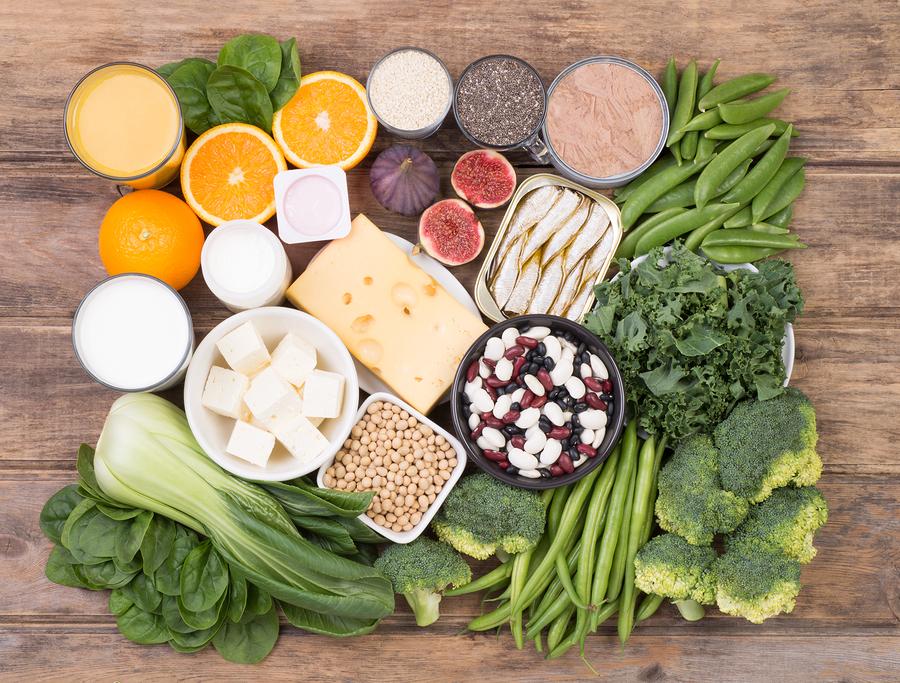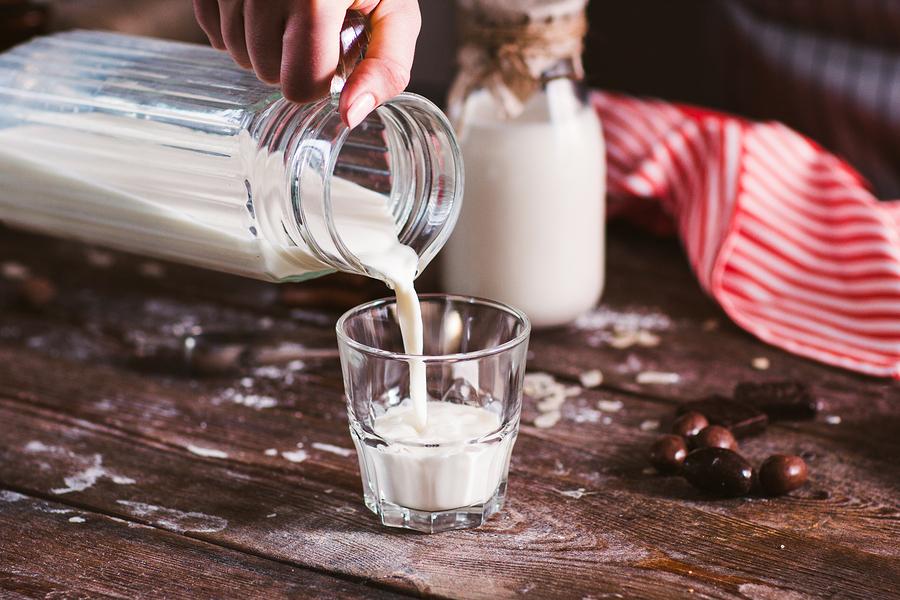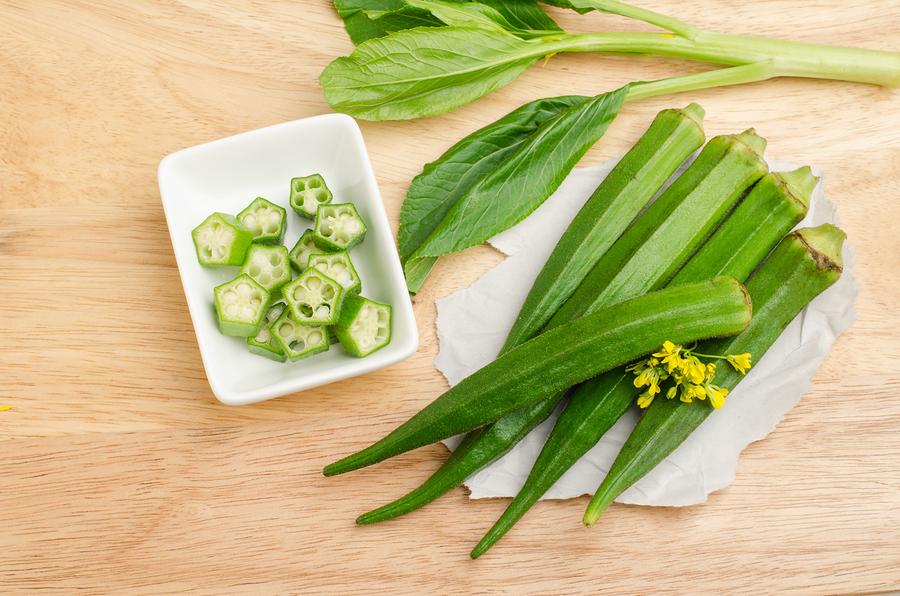When you are attempting to decrease the amount of animal products in your diet, or eradicate them entirely, you will often hear that it is difficult to consume all of the necessary vitamins, minerals and other nutrients. However, the simple truth is that with a few dietary adjustments it is fairly easy to keep your body and mind healthy! This fact is certainly applicable when it comes to calcium.
How Much Calcium?
In a previous article on the topic of calcium we explained the recommended amounts and how these figures vary according to different sources. To summarise the information provided in this article, it is advisable to get between 500 and 1,200 mg of calcium into your diet every day, with certain additional considerations needing to be made depending on age and gender.
Why Calcium?
Calcium is a mineral that is essential for strong teeth and bones – among other important functions. This mineral supports the function of the nervous system, helps the blood to clot effectively, and also contributes to how the muscles work! So, as you can see it is useful for much more than promoting healthy teeth and bones.
Calcium and Dairy
Calcium is a mineral that it has long been connected to dairy products. When most people think of calcium they immediately think of milk as being the best source of this essential mineral.
Within one cup of milk you will find 305mg of calcium. This will go a long way to helping you meet your daily calcium quota, but certain studies have actually shown that dairy can deplete the calcium from your bones. Furthermore, the rate at which the body can absorb calcium from milk is not particularly high, meaning that you are unable to enjoy the benefits of the calcium count of milk and other dairy products.
Plant-Based Calcium Sources
Tofu – 100g of tofu contains an impressive 350mg of calcium and as it is such a versatile food you can use it in a wide range of dishes.
Plant-Based Milk – Many plant-based (dairy-free) milks are fortified with calcium, meaning that you can easily work towards your daily quota when you swap out dairy milk for plant-based alternatives.
Kale – A cup of kale will contain approximately 100mg of calcium. This is a relatively small amount of kale, meaning it is easy to add it into any meal (or even your morning smoothie).
Pak Choi – This Chinese cabbage may not be a current feature in your diet but is well worth checking out if you are trying to include more healthy plant-based foods. One cup of shredded pak choi will contain around 74mg of calcium.
Okra – Similarly to pak choi, you may not have encountered okra at the supermarket before. However, this tasty green treat packs a powerful nutrient punch, and the calcium count is no exception. One cup of okra contains around 82mg of calcium.
Spring Onions – One cup of chopped spring onions will provide you with approximately 72mg of calcium and its super easy to add this plant into a healthy salad.
Figs – A cup of figs serves as a delicious snack and will bring close to 70mg of calcium into your body! You can choose them dried or fresh depending on your taste.
Almonds – Almonds are an amazing choice when it comes to packing plant-based calcium into your diet. A cup of whole almonds will contain approximately 378mg of this essential mineral. Almonds are delicious as a snack and can also be added to recipes.
Chia Seeds – Chia seeds are fantastic when it comes to promoting optimum health and are certainly a food deserving of the superfood label. What’s more is it is practically effortless to add them to anything that you may already be eating. You can sprinkle them on your cereal, on your salad, in your soup, in your smoothie and so on 100g of chia seeds contains an exciting 631mg of calcium – so be sure to include some in your diet every day!
Broccoli – A cup of broccoli will contain just over 40mg of calcium. This leafy green vegetable is also bursting with other vitamins and minerals, making it a healthy choice for your daily diet.
Calcium Absorption
Your body handles dietary sources of calcium differently, and isn’t able to absorb it in consistent amounts from different foods. This means that although you may often consume high calcium foods, your body may not be able to make the most of them. Of the foods that we have mentioned in this article, kale, broccoli, pak choi, tofu and plant-based milks have the best rate of absorption.
Including one calcium rich plant-based food in each of your meals is an ideal way to hit your quota and keep your levels of this essential mineral topped up throughout each day.
References
1) https://www.health.harvard.edu/staying-healthy/how-much-calcium-do-you-really-need
Related Posts
Cigarettes May Inhibit Inflammation Treatments
Axial spondyloarthritis, also known as AxSpa, is a chronic…









